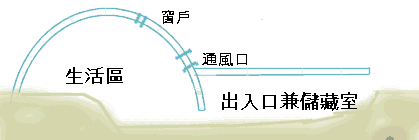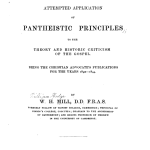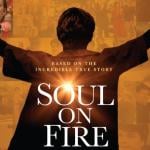

Stephen Smoot, who (perhaps as an excuse to come in from the perpetually bone-chilling cold outside) is pursuing graduate studies in Egyptology at the University of Nome, Alaska, the University of Toronto, offers an early take on Dr. John Gee’s forthcoming volume An Introduction to the Book of Abraham:
“Book Review: An Introduction to the Book of Abraham”
I was pleased, by the way, to have Dr. Gee drop by this afternoon at the conclusion of my Islamic humanities course. He’s been off on sabbatical at the University of Heidelberg, in Germany, and I hadn’t seen him in over a year. We had a pleasant chat.
Dr. Gee was a student of mine in Arabic classes shortly following my arrival in Utah to join the faculty at Brigham Young University. We’ve been friends ever since. He went off to the University of California at Berkeley, where he completed a master’s degree in Near Eastern studies, and then earned his doctorate in Egyptology from Yale University. He has presented and published prolifically in both Latter-day Saint and Egyptological venues. I look forward to seeing his new book.
You can read his 2010 entry on the Mormon Scholars Testify site here.
For the tragic but deeply affecting story of Stephen Smoot — deeply affecting, anyway, if you have a heart, which I don’t — see:
“You can come home now, Steve Smoot!”
Finally, a couple of thoughts about the ancient Egyptians from someone who had given them a lot of thought:
“Life is too short to devote years of study to learning that what went on with the ancients was just more of the same. It is too short to let us live both our lives and theirs from day to day unless they have something to add to the story, something we do not have, something quite wonderful and unexpected. Of all people the Egyptians are most likely to supply us with such matter.” (Hugh Nibley, Abraham in Egypt, ix-x)
“The great attraction of Egypt was at all times the exciting combination of religious and scientific thinking, mantic and sophic, intuitive and intellectual, the ancient and the progressive. The solid and visible achievements of the ancient Egyptians bade the observer take their message seriously, as it does us today. The Egyptians, Theophrastus observed, are, on the one hand, the most rationally minded of all people, and yet they live in an ambiance submerged in ancient and recondite religious lore. This tradition is deeply religious and at the same time persistently intellectual—the perfect example, one would say today, of the ‘bicameral’ blend.” (Hugh Nibley, Abraham in Egypt, 107)










